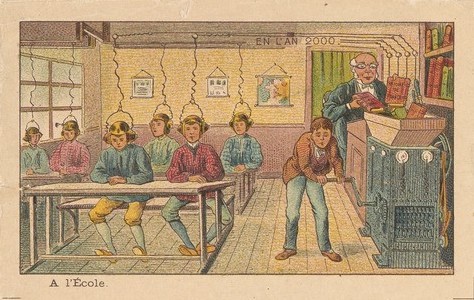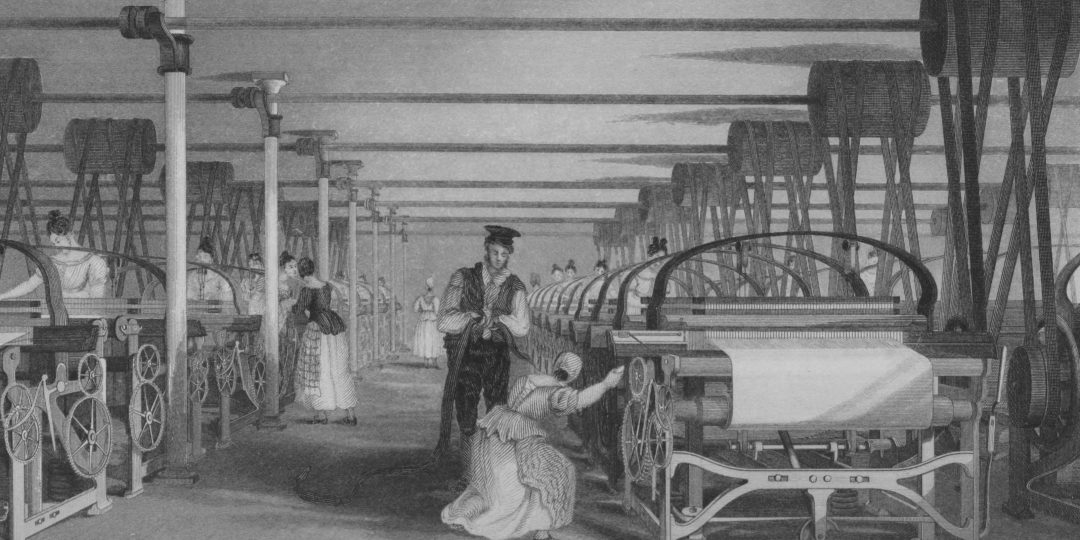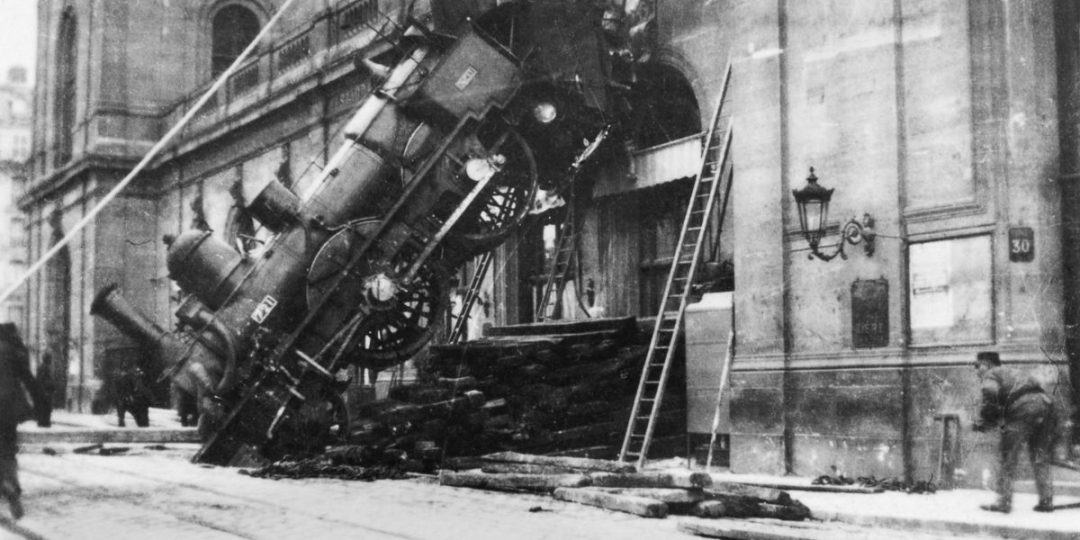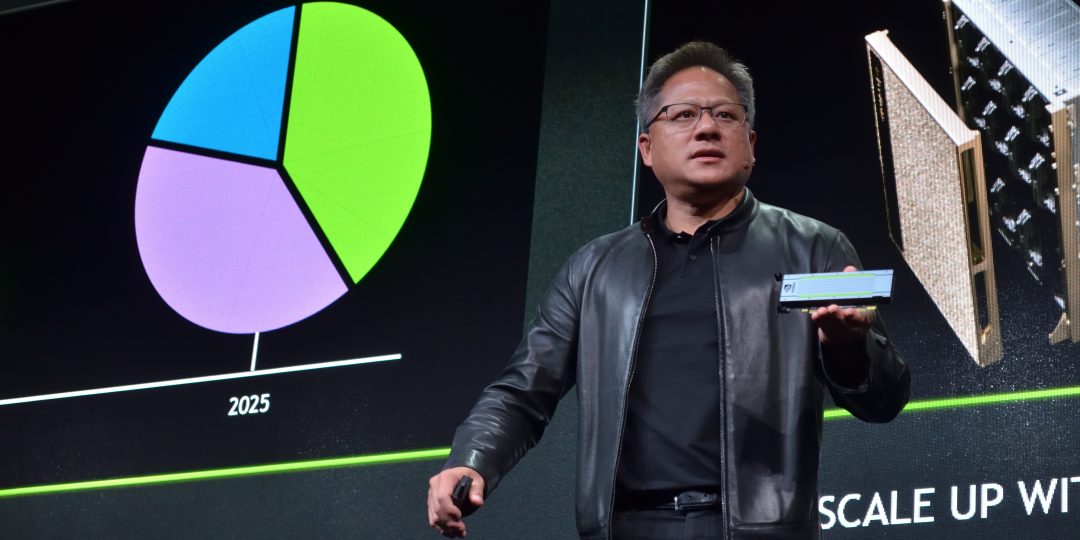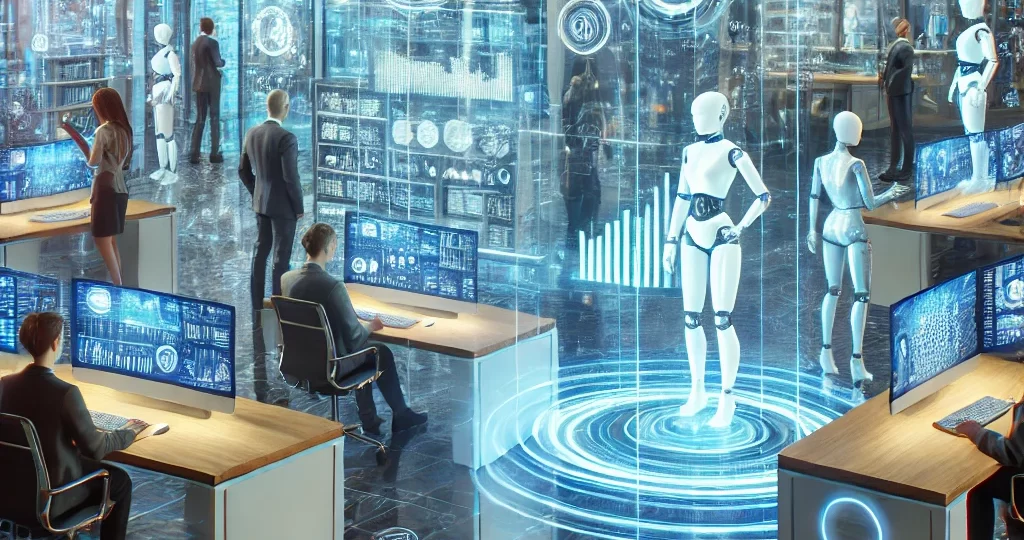Much of today’s business writing is reductionist, focused on clean cause-and-effect narratives. This isn’t a flaw; most of the time, what organisations need is tactical advice: if you have X, do Y. Rewired is a strong example of this genre, offering a practical guide to how contemporary organisations structure, run, and deliver technology.
But we’re not in a steady state. We’re at the end of an era shaped by firm-centric efficiency, and entering one defined by networked coordination, contested data, and shifting boundaries of control.
We’re living through a transition, away from the familiar paradigms of the last 30 years, and toward something still taking shape. In that context, advice grounded in what worked before may be increasingly ill-suited to what comes next. The book excels at guiding firms through internal change, but falters when the real challenge is how firms relate to everything outside them. Rewired is useful for what it is. But how useful that is, right now, is an open question.
Continue reading
